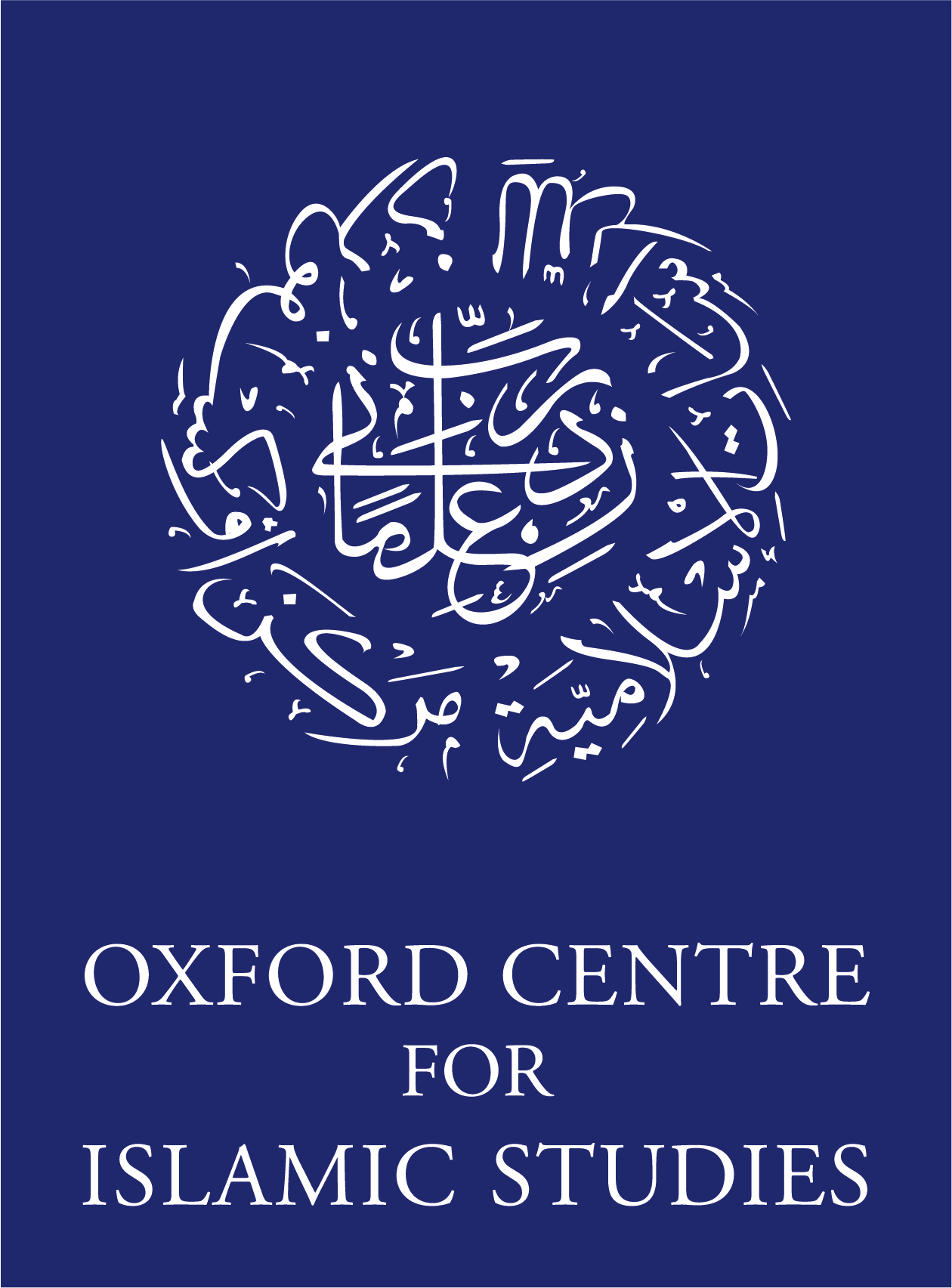Another Genealogy of Critique: On Islam and Reason
Drawing on Religion as Critique: Islamic Critical Thinking from Mecca to the Marketplace (2017), this presentation scripts an alternative genealogy of critique --tanqīd/naqd -- in the Islamicate traditions of South Asia in Urdu. Building on the works of Martin Bernal, Michael Herzfeld, and John Keane, it interrogates the prevalent views of Greece as the birthplace of anthropology, democracy, critique, and more. Subjecting canonical works on Urdu literary criticism and taking, inter alia, Shamsur Rahman Faruqi’s writings as its illustration, it documents the secularist premise of Urdu literature hooked to territorial nationalism. In contrast, central to the alternative genealogy is the premise that God Himself is the source of critique. God sent prophets for reform (iṣlāḥ). To reform was to critique and to critique was to reform. In the "religious" texts and social practices of "traditional" ʿulama thus a different notion of critique emerges--a notion that doesn't reject the Greek, pre-Muhammad, or Western traditions but which simultaneously can't be subsumed within them. The presentation traces this genealogy through the Qurʾān, prophetic lives, Muhammad and his companions. The argument is made by engaging with the works of Abu’l Ala Maududi and his interlocutors in Jamaat-e-Islami who read, craft, elaborate, configure, update, and modify that tradition of critique.
Irfan Ahmad is a political anthropologist and senior research fellow at the Max Planck Institute for the Study of Religious and Ethnic Studies in Gottingen, Germany. Author of two monographs on Islam, his most recent publication is the volume co-edited with Pralay Kanungo: The Algebra of Warfare-Welfare: A Long View of India's 2014 Election (Oxford University Press, 2019). Earlier an Associate Professor of Political Anthropology at ACU, Melbourne, Australia, he served as the founding co-editor of Journal of Religious and Political Practice.
(Seminars start at 5.00 p.m.)
